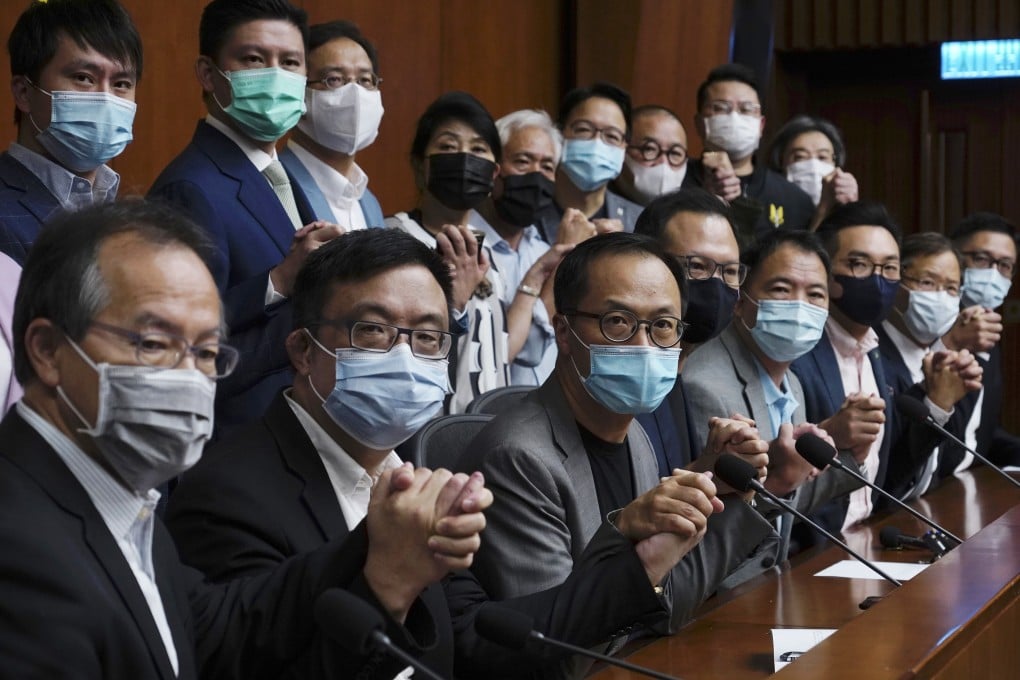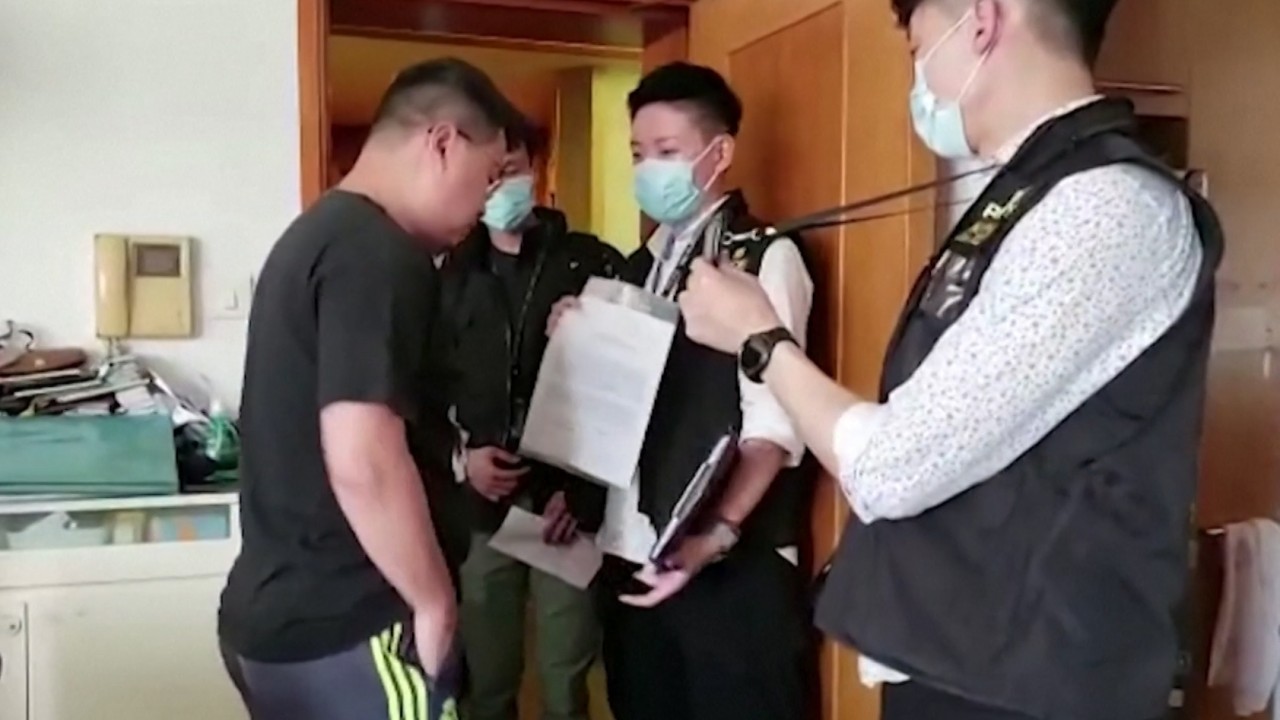Opinion | Why are Hong Kong’s pro-establishment lawmakers fighting ‘ghosts’ in the Legislative Council?
- The pro-establishment camp’s move to legislate against the obstructionist tactics of the now absent opposition risks muffling debate and deliberation. They should also worry about rule changes that may put them at a disadvantage later

With only two non-establishment lawmakers left in the Legislative Council, one would think the pro-establishment camp had better things to do than fight their political adversaries who have been disqualified or have quit in protest.
But Legco is on course to pass another batch of rule book amendments by the end of March to, well, further curb the filibustering tactics of those who have left the council.
These proposals are direct responses to the stalling tactics the opposition had employed: forcing headcounts, raising a point of order to interrupt others, or the more traditional forms of filibustering by maximising the allowed speaking time.

03:03
Eight Hong Kong lawmakers, activists arrested over chaotic Legislative Council meeting
Some proposals seem too drastic – what is the point of cutting the two remaining non-establishment lawmakers’ speaking time to five minutes each? If our Legco cannot even stomach more than 10 minutes of potentially dissenting opinion, then where is the debate and deliberation fundamental to its existence?

